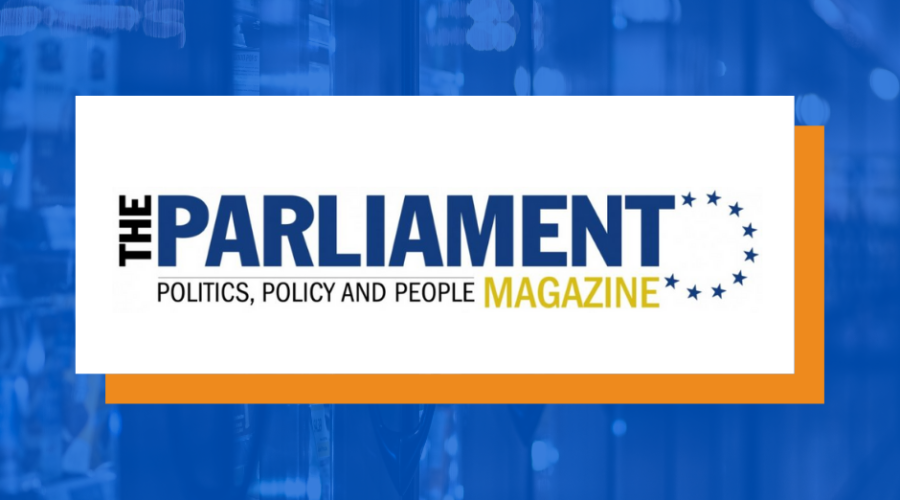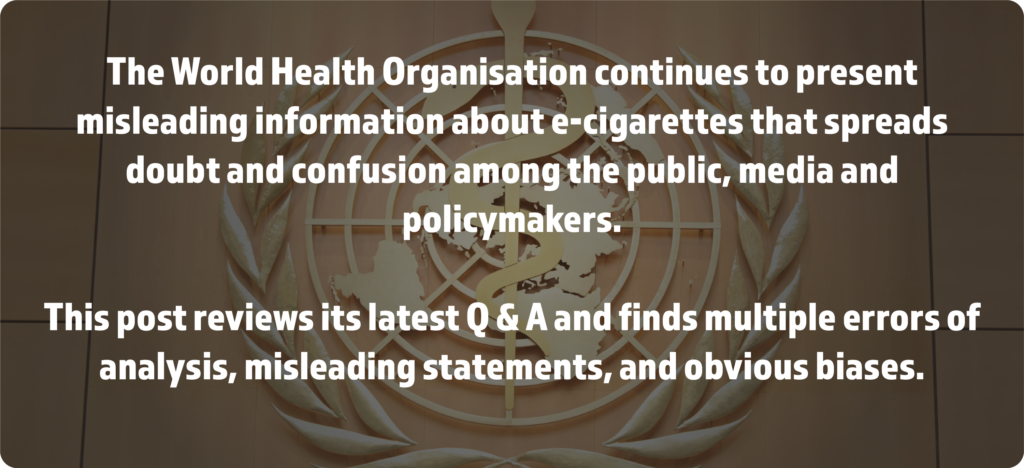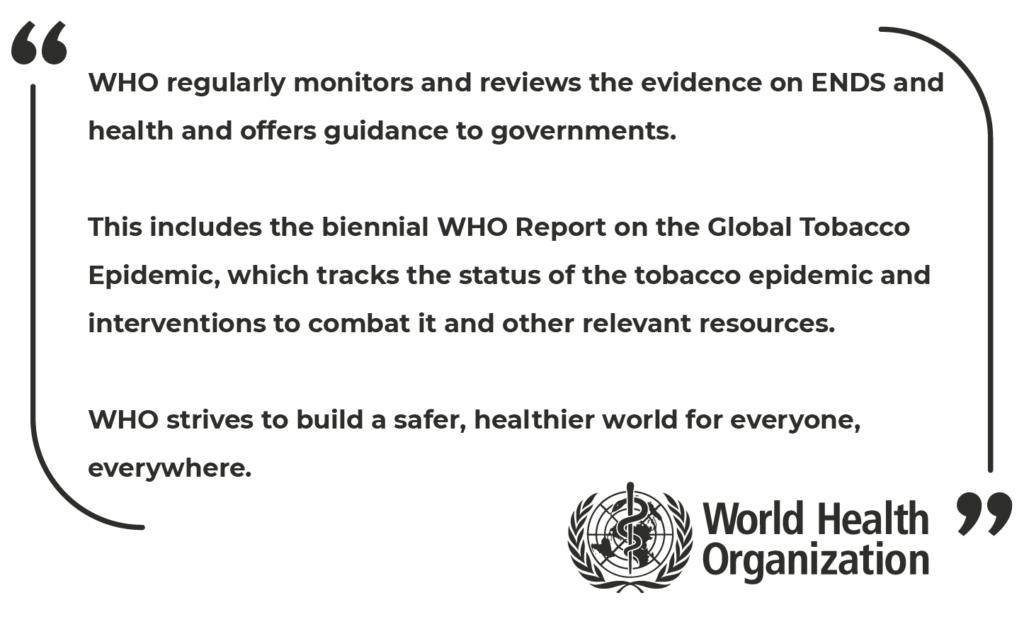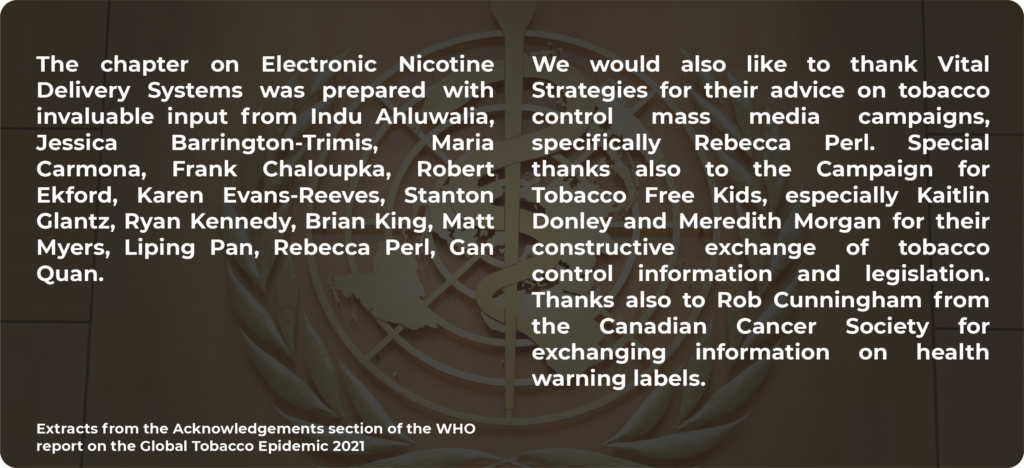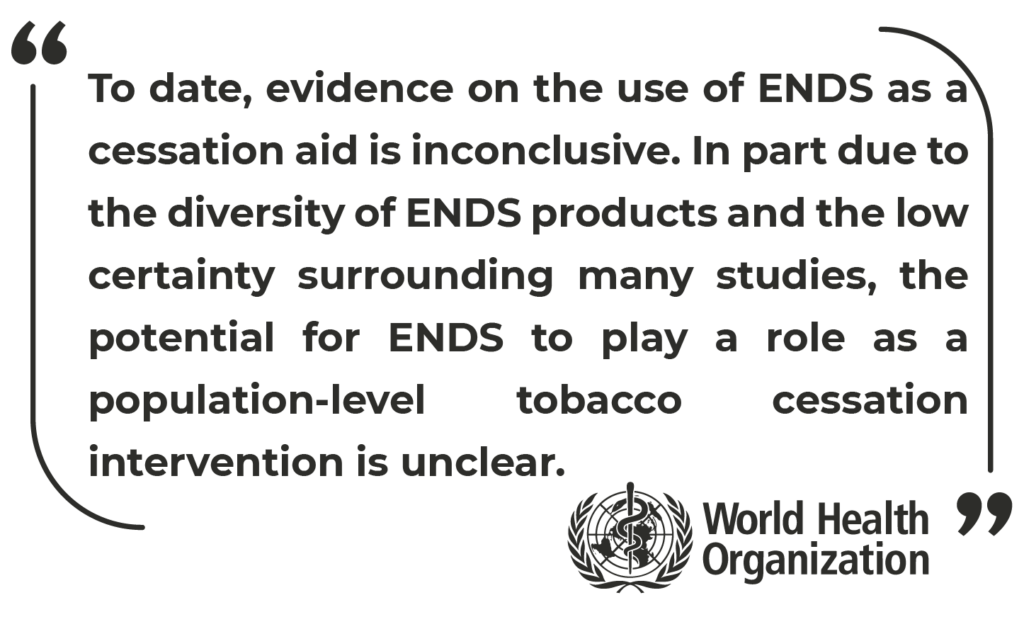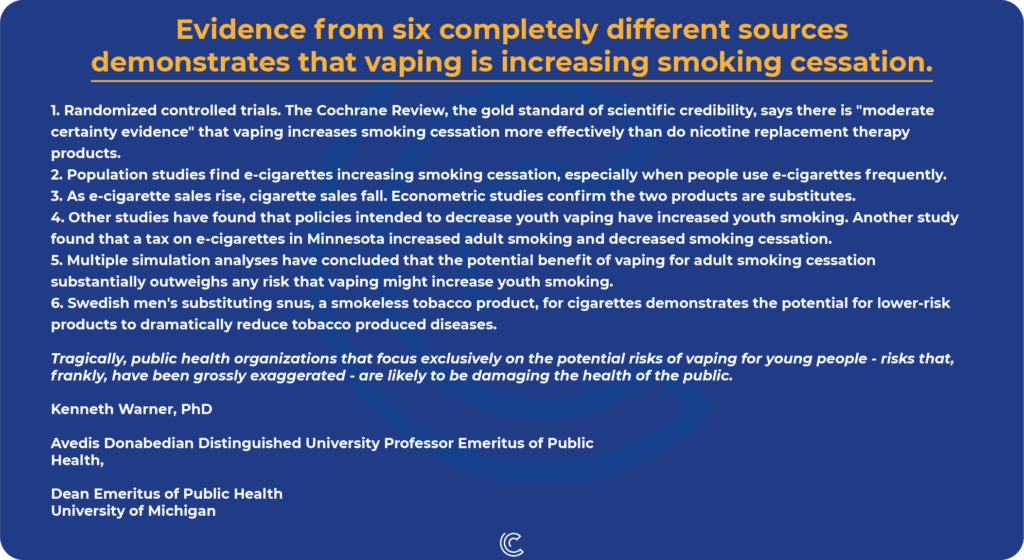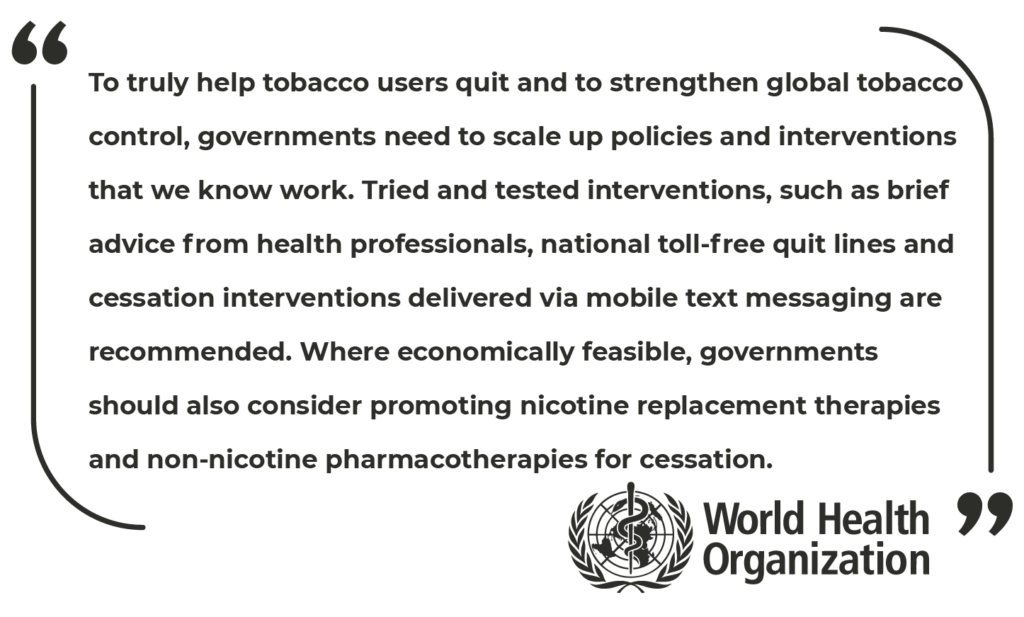Orban’s Price Caps on Food and Fuel will lead to shortages
Budapest, HU: This week, Hungarian Prime Minister Viktor Orban’s ruling party announced that the third wave of price caps would be introduced by having a fixed price on potatoes and eggs. Commenting on this move, Consumer Choice Center’s Government Affairs Manager Zoltán Kész:
“Hungarians experienced state-controlled price caps under communism, and we don’t have good memories of that. It leads to shortages that we already see emerging again, the rise of black markets and poverty.”
“In the past year, we have seen petrol stations close down, empty supermarket shelves, and soaring prices of other products. It is very bad for consumers to experience an increase of close to 50% in food prices and to be faced with one of the worst devaluations of the Hungarian currency”, says Kész.
“Fixing the prices of fuel, chicken, or mortgage rates will not help tackle inflation, which is expected to reach 25% by the end of the year. We have the world’s highest VAT with a rate of 27%, but our government still manages to blame everyone else for skyrocketing consumer prices. Before freezing prices at the expense of availability and business closures, we should first bring down our sales taxes by a third. This would massively reduce the burden on consumers”, concludes Kész.

